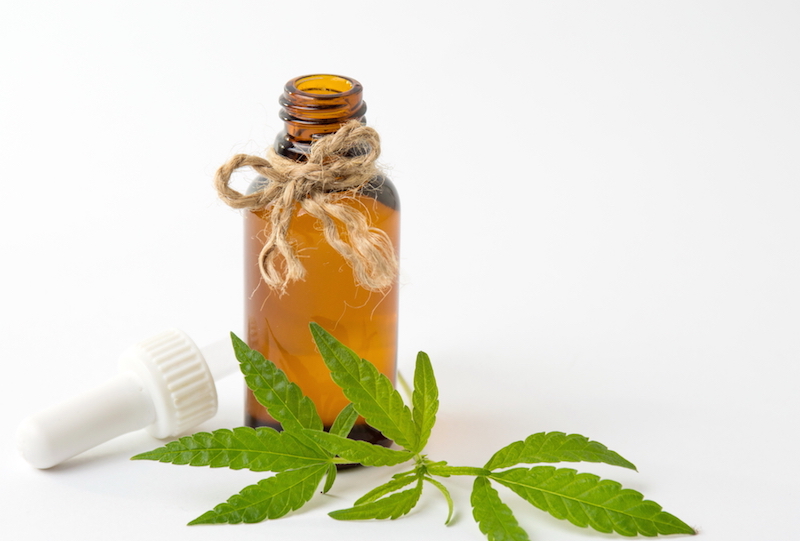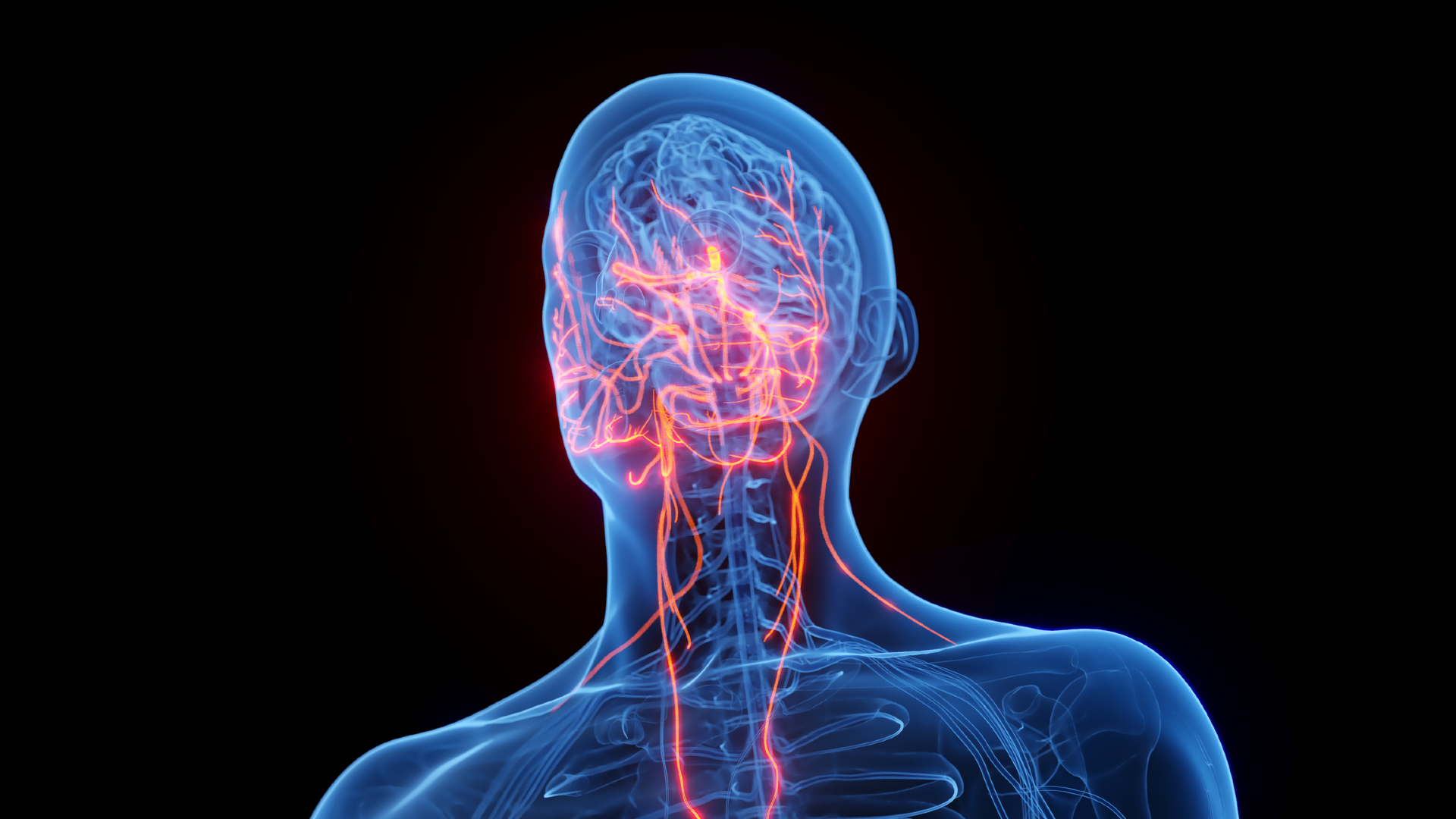'Fake Weed' Linked to More Risk-Taking Than Real Marijuana

Get the world’s most fascinating discoveries delivered straight to your inbox.
You are now subscribed
Your newsletter sign-up was successful
Want to add more newsletters?

Delivered Daily
Daily Newsletter
Sign up for the latest discoveries, groundbreaking research and fascinating breakthroughs that impact you and the wider world direct to your inbox.

Once a week
Life's Little Mysteries
Feed your curiosity with an exclusive mystery every week, solved with science and delivered direct to your inbox before it's seen anywhere else.

Once a week
How It Works
Sign up to our free science & technology newsletter for your weekly fix of fascinating articles, quick quizzes, amazing images, and more

Delivered daily
Space.com Newsletter
Breaking space news, the latest updates on rocket launches, skywatching events and more!

Once a month
Watch This Space
Sign up to our monthly entertainment newsletter to keep up with all our coverage of the latest sci-fi and space movies, tv shows, games and books.

Once a week
Night Sky This Week
Discover this week's must-see night sky events, moon phases, and stunning astrophotos. Sign up for our skywatching newsletter and explore the universe with us!
Join the club
Get full access to premium articles, exclusive features and a growing list of member rewards.
Teens who use "fake weed," or synthetic cannabis, may be more likely to engage in risky behaviors than those who use only marijuana, a new study finds.
High school students in the study who used synthetic cannabinoids had a much greater likelihood of using other drugs and engaging in risky sexual behaviors compared to high school students who had used only marijuana, researchers found.
"The findings illustrate a dramatic difference in the association with risky health behaviors by type of marijuana use," Heather Clayton, first author of the paper and a health scientist at the Centers for Disease Control and Prevention (CDC), told Live Science. [25 Odd Facts About Marijuana]
For example, the researchers found that students who had used synthetic cannabinoids were more likely to have also used substances like alcohol, heroin and ecstasy than individuals who used marijuana but not synthetic cannabinoids. In addition, those teens who used synthetic cannabinoids were more likely to report having engaged in injury- or violence-related behavior, including physical fights or riding with a driver who had been drinking.
"We found that students who used synthetic marijuana had a significantly greater likelihood of engaging in the majority of health-risk behaviors included in the study compared to students who used marijuana only," Clayton told Live Science.
The authors noted in the paper that this is the first study to explore the association of the use of synthetic cannabinoids in U.S. high school students and health behaviors related to violence, mental health and sexual health.
Synthetic cannabinoids are created in a laboratory, rather than derived from a plant, like regular marijuana. These synthetics have similar effects to THC, the active ingredient in marijuana, but can be even more potent than that chemical and can cause side effects. Those may include vomiting, hypertension, hallucinations and even seizures, heart damage, dependence and death, depending on the specific type or mixture used.
Get the world’s most fascinating discoveries delivered straight to your inbox.
In the new study, the researchers looked at data from a survey conducted yearly by the CDC called the Youth Risk Behavior Survey. In 2015, more than 15,000 students in grades 9 through 12 from all over the U.S. took part in the study. The survey asked students to report certain behaviors across four areas: violence, mental health, sexual health and drug use, including whether they had ever used marijuana or synthetic cannabinoids.
The researchers found that 9 percent of students reported having used synthetic cannabinoids at some point. In addition, 30 percent of students reported that they had only ever used marijuana. Most students who reported using synthetic cannabinoids also reported using marijuana, though the reverse was not true; less than a quarter of students who reported using marijuana also reported having used synthetic cannabinoids.
Results also showed that 61 percent of students reported that they had never used synthetic cannabinoids or weed.
The researchers noted that the survey data asked students to report their own behaviors, which means students could have over- or under-reported certain behaviors. In addition, because of the nature of the survey, researchers did not learn about the timing of the different behaviors. Thus, the scientists could not determine whether synthetic cannabinoid use came before other risky behaviors, for example.
Joseph Palamar, an assistant professor of population health at New York University, said that the new study indeed showed that teens who used synthetic cannabinoids tended to also frequently use marijuana. [7 Ways Marijuana May Affect the Brain]
However, Palamar also cautioned the study did not look at how frequently the teens used each drug.
"It is likely that many of these users used [synthetic cannabinoids] some time ago and didn't ever use again," , Palamar told Live Science. In fact, Palamar noted that synthetic cannabinoid "use has decreased substantially among teens in recent years," as shown in his 2016 paperin the journal Drug and Alcohol Dependence.
The researchers said that they hope the study will help health professionals and schools develop strategies to help prevent the use of both synthetic cannabinoids and marijuana.
Originally published on Live Science.
 Live Science Plus
Live Science Plus











